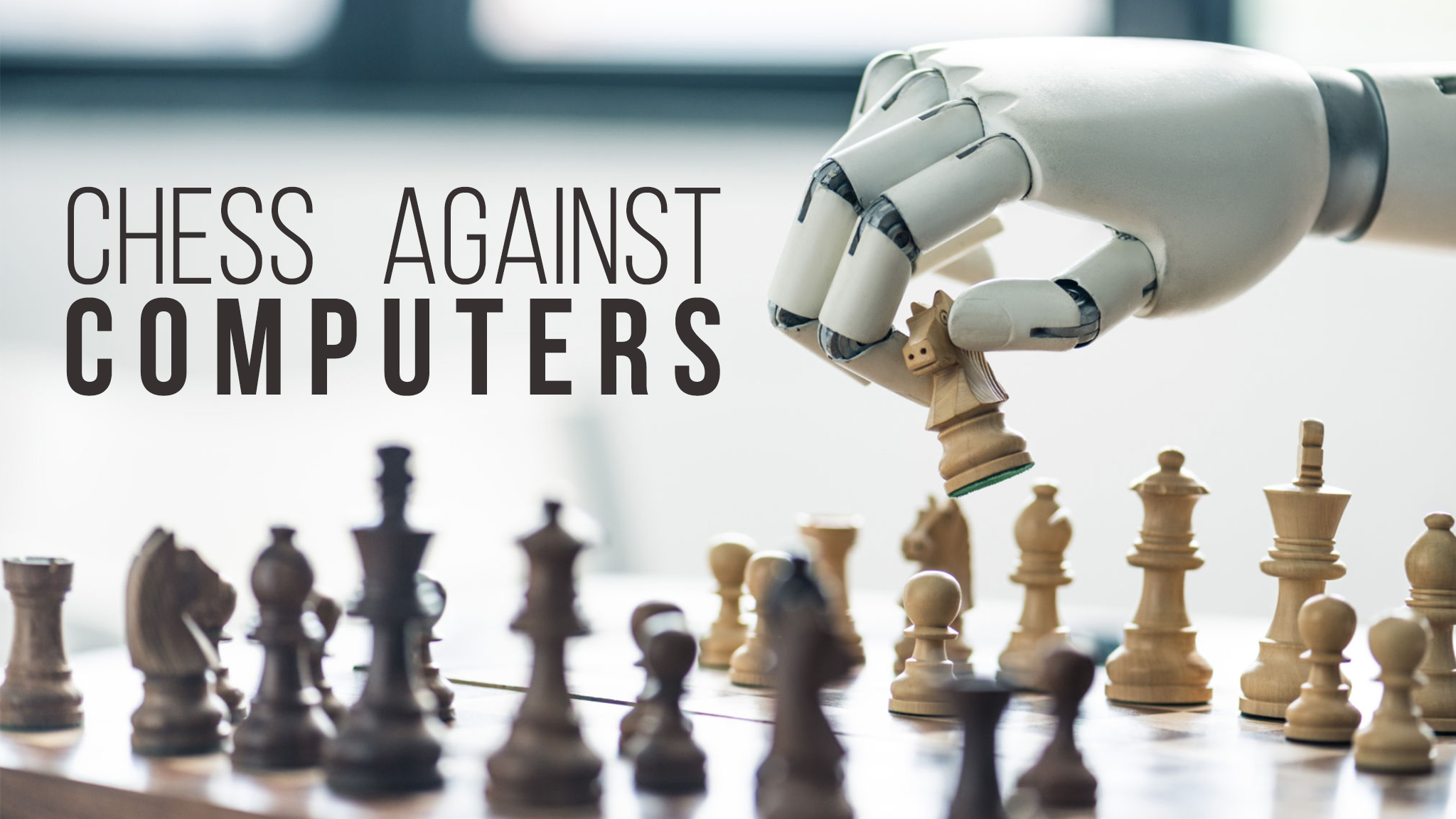Mastering the Virtual Opponent
Playing chess against a computer www.techme.club/ has become a popular way for enthusiasts to sharpen their skills and enjoy the game at their convenience. In this article, we’ll explore the benefits, challenges, and strategies involved in playing chess against a virtual opponent.
Benefits of Playing Chess Against a Computer
Enhancing Chess Skills
One of the primary advantages of playing against a computer is the opportunity to enhance one’s chess skills. The computer offers a formidable opponent that adapts to your level of play, providing a challenging experience regardless of your proficiency.
Convenience and Accessibility
Unlike arranging matches with human opponents, playing against a computer offers unmatched convenience and accessibility. You can enjoy a game anytime, anywhere, without the need for a physical chess set or a partner.
Variety of Difficulty Levels
Most chess programs allow players to adjust the difficulty level, catering to beginners, intermediate players, and even grandmasters. This versatility ensures that players can continuously challenge themselves and improve their gameplay.
Tips for Playing Chess Against a Computer
Setting the Difficulty Level
When playing against a computer, it’s essential to find the right balance between challenge and enjoyment. Start with a difficulty level that matches your skill level and gradually increase it as you improve.
Analyzing Games for Improvement
After each game, take the time to analyze your moves and the computer’s responses. Identify areas where you made mistakes or missed opportunities, and strive to learn from them to enhance your gameplay.
Utilizing Available Resources
Many chess programs offer features such as hints, tutorials, and analysis tools to aid players in their development. Take advantage of these resources to deepen your understanding of the game and refine your strategies.
Challenges of Playing Chess Against a Computer
Over-reliance on the Computer’s Moves
One common challenge faced by players is the temptation to rely too heavily on the computer’s suggestions. While it’s beneficial to seek guidance, it’s essential to develop your analytical skills and make independent decisions.
Emotional Aspects of Playing Alone
Unlike playing against a human opponent, facing a computer can lack the emotional engagement and psychological pressure that comes with competitive play. Learning to stay focused and motivated without external stimuli is crucial for sustained improvement.
Dealing with Unexpected Tactics
Computers are capable of employing a wide range of tactics and strategies, often catching players off guard with unexpected moves. Overcoming these challenges requires adaptability and a willingness to think creatively.
Strategies to Improve Performance
Balancing Computer and Human Analysis
While playing against a computer is valuable, it’s equally important to engage in human analysis and study traditional chess literature. Combining both approaches allows for a well-rounded understanding of the game.
Practicing Different Openings and Endgames
Diversifying your repertoire of openings and studying endgame principles is essential for becoming a well-rounded player. Experimenting with different strategies against the computer helps refine your understanding of various positions.
Learning from Mistakes and Adapting
Every game against the computer provides an opportunity for growth. Embrace your mistakes as learning opportunities and adapt your approach accordingly to become a more formidable player.
Conclusion
Playing chess against a computer offers a unique and rewarding experience for players of all skill levels. By leveraging the benefits, addressing the challenges, and implementing effective strategies, enthusiasts can enhance their gameplay and mastery of the game.










